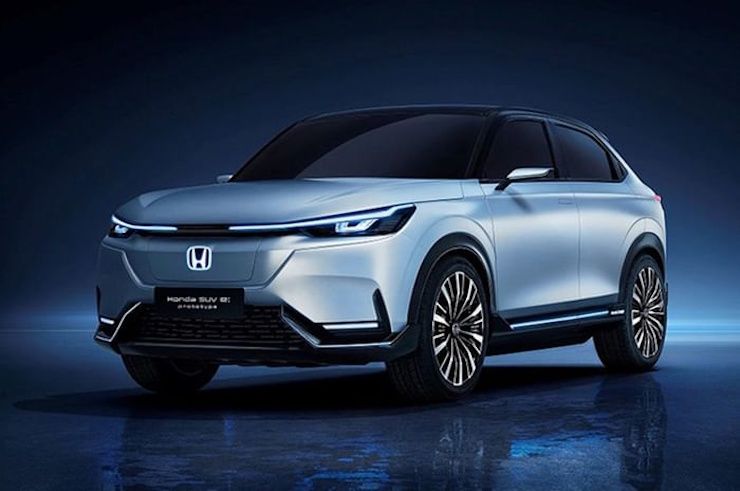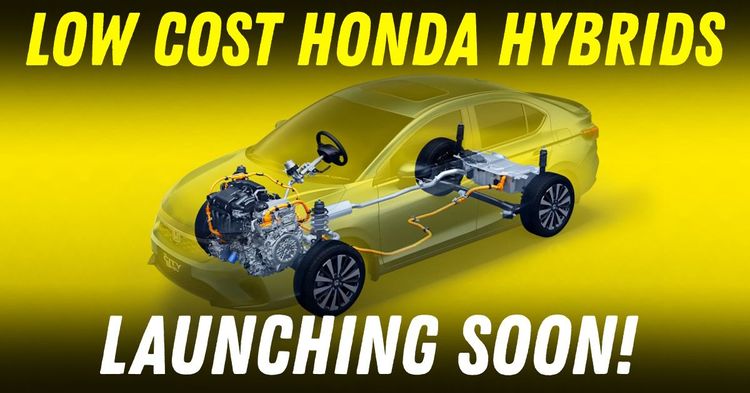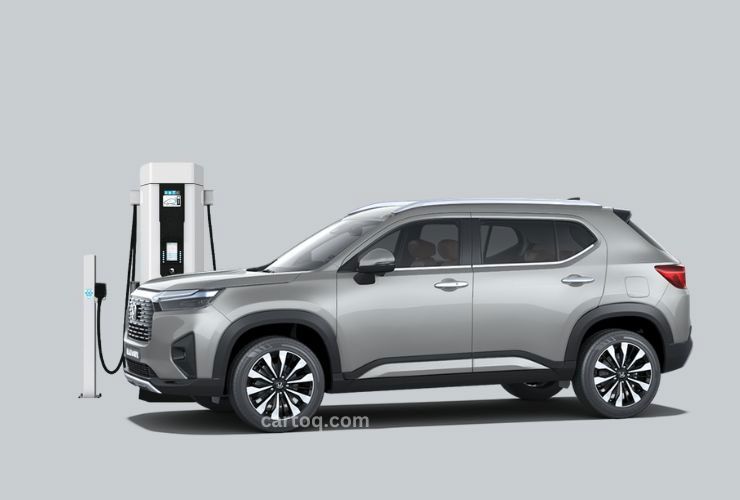Honda's First Electric SUV For India Confirmed: Launch Timeline Revealed


Honda Cars India has confirmed that its first electric vehicle designed specifically for the domestic market will arrive by the end of the next financial year. The new SUV will not be a reworked version of an existing petrol model but a fresh product aimed at India’s fast-growing mid-size SUV segment.

Early speculation suggested Honda might electrify the Elevate SUV. Instead, the company has opted for a clean-sheet design that will measure more than four metres in length. Positioned in the mid-size category, it enters the same space where sales have grown more than 30 percent year-on-year, with monthly volumes now averaging about 70,000 units.
The launch will be part of Honda’s plan to introduce five SUVs in India by 2030. At present, the company sells only two sedans and the Elevate SUV, leaving it under-represented in a market where utility vehicles now account for more than half of all passenger car sales.

Honda says it will remain flexible with powertrains. Petrol and CNG models will continue, hybrids will bridge the gap where charging infrastructure is weak, and full EVs will target urban centres where networks are expanding.
This mirrors Honda’s global strategy, where hybrids remain a focus even as new electric models are developed. India is one of three priority markets for the company alongside Japan and the United States, making it central to this multi-pathway approach.

The decision comes soon after GST reforms that lowered taxes on smaller cars and removed compensation cess on larger ones. Combined with income tax changes and stable lending rates, the reforms are expected to boost demand in the passenger car market.
Honda has already phased out diesel engines locally and added strong hybrid options with the City. The upcoming electric SUV represents the next stage in this transition, though it is paced more cautiously compared with rivals that have gone EV-first.
The new model will be built at Honda’s Rajasthan plant, which has an annual capacity of 1.8 lakh units and the ability to expand. Work done on hybrid systems is expected to provide the technical base for the EV programme.
Still, Honda itself acknowledges the main challenges: limited public charging, slow approvals for home charging points, and the need to equip its dealer network for EV after-sales. Addressing these gaps will be critical to making the new SUV viable at scale.
Honda’s market share currently sits at about 2.5 percent, leaving both headroom and hurdles. Rivals such as Tata Motors, Hyundai, and MG already have electric SUVs in showrooms, giving them an advantage in consumer familiarity and pricing strategy.
The success of Honda’s first made-for-India EV will depend on how competitively it is priced, what features it offers, and whether the support infrastructure grows quickly enough to meet customer expectations.
Via ETAuto